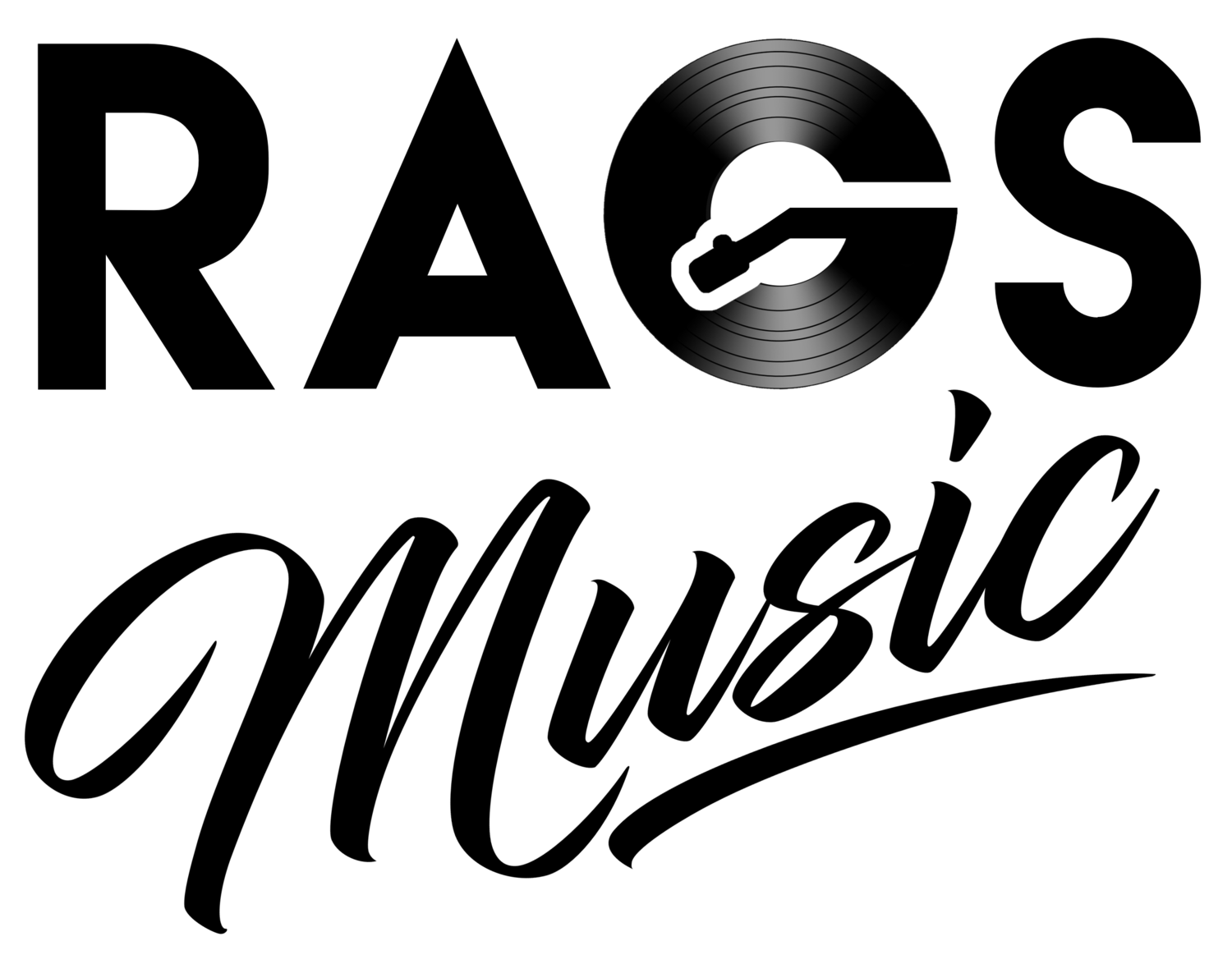I think about Bob Marley on his birthday and would like to share some of those thoughts.
"Bob Marley became the voice of third world pain and resistance, the sufferer in the concrete jungle who would not be denied forever. Outsiders everywhere heard Marley as their own champion; if he could make himself heard, so could they, without compromises. In 2096, when the former third world has overrun and colonised the former superpowers, Bob Marley will be commemorated as a saint." - John Parales
(Last Thursday, February 6, saw the passing of what would have been the 69th birthday of the Robert Nesta Marley. Would-be birthdays are always a time to reflect on such titans and this year was no different.)
Few albums have the ability to grate my nerves like Legend. For the longest time I held it as a shining example of everything that people misunderstood about reggae. I knew so many people who had that album, and no other, and claimed to be a fan of reggae. There was no Lee Perry on their shelves. No Burning Spear. No Toots Hibbert. Not even Bunny Wailer or Peter Tosh. It was simply Legend. Every reggae band I saw in concert had at least one Bob Marley song. Street performers all played "Three Little Birds" or "Redemption Song," the latter being especially bothersome as a "guy at the party with the guitar" song. It was Bob Marley overload. Everywhere I went I was inundated with Marley and his most famous songs. I began to actively avoid and resent not just Legend, but the entire Marley cannon. Then one day I was in the record store and I was compelled for some unknown reason to pick up Burnin', the seminal Wailers record. This was shortly after I had begun smoking cannabis on a regular basis and by the time the final notes of what is now my favourite Marley song, "Rastaman Chant," came to an end I knew I had fallen into a serious rabbit hole.
Songs like "Burnin' and Lootin'," with its slow-burning assault, the powerful "Duppy Conqueror" and the equality anthem "One Foundation" (Written by the great Peter Tosh) helped me see songs I knew like "Get Up, Stand Up" and "I Shot the Sheriff," which I knew from my dad's record collection in Eric Clapton's watered-down reading (Or maybe "bleached" would be a better word?) in a new light. Only when I started to fill in the missing puzzle pieces, the deep cuts, did the whole thing start to flesh out. I realized quite soon after those first couple of spins of Burnin' that there was a reason this man had risen to the top and been the singular voice in reggae music, known the world over.
If Roger Steffens is right in saying that reggae music is the "sound of the beating human heart at rest," (He is right, by the way), Marley's music specifically was the sound of the rest and the action. Above all others, as great as their talents may have been, Marley stands as a prophet, a conduit to something better in all of us. There is a reason his image appears in so many countries around the world, taking on features of whatever culture he may be residing in.
Of course Steffens is right. He literally wrote the book on reggae.
It's still frustrating when Marley is held up as nothing more than a stoner whose goal was to get everyone to mellow out. While he definitely was a fan of mellowing out, how can someone hear a song like "War" (Admittedly not penned by Marley himself, but no less powerful) and think that all Bob wanted to do was rest in a cloud of cannabis smoke? Marley, like any respectful user, knew there was a time and place and a time to fight, to be energetic and precise with that energy. Steffens told me once that the most bothersome misconception about reggae he encountered was, "That everybody who makes [reggae music] is just stoned out of their heads all the time. Particularly in Bob’s case. There’s a man who composed over 400 songs in his lifetime, many of which have become international anthems and he couldn’t have been undisciplined and still have that huge body of creation. In fact, Bob was one of the most disciplined persons I ever encountered in my life. He was a workhorse. He was remarkable in the kind of excellence he achieved in his life."
Some people just can't figure it out. I don't understand either, Bob!
But it brings me back to Legend. It exists in such a widespread way because it is the most concise version of Marley's vision. It may not contain Marley's "best" work but it does contain the most immideately accessible stuff and while it may frustrate me to no end that people don't investigate further, I suppose I (And every reggae head) should be happy that those people have chosen to even have that in their lives. And if they need a silly portrait of Bob made out of rolling papers on their wall to remind them that he exists, then so be it. Because the world can't have enough Bob Marley in it. For me, or anyone else who takes a serious look into the man.
Silly, but understandable. (Admittedly cool until you're older than 25.)



